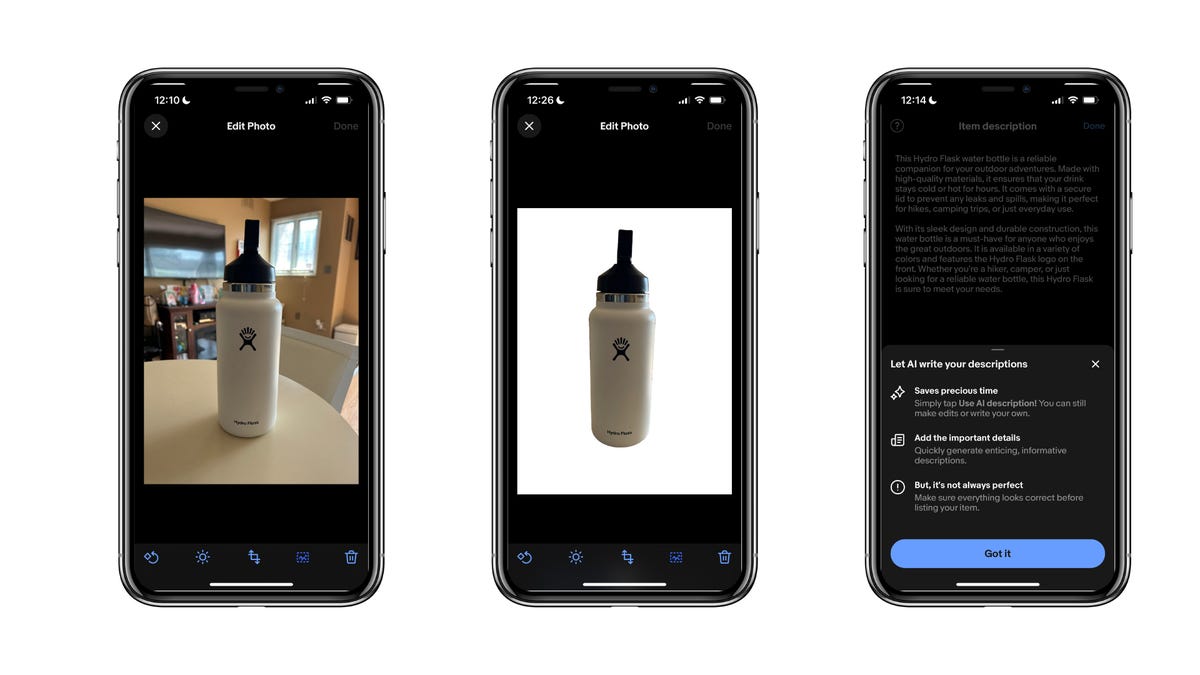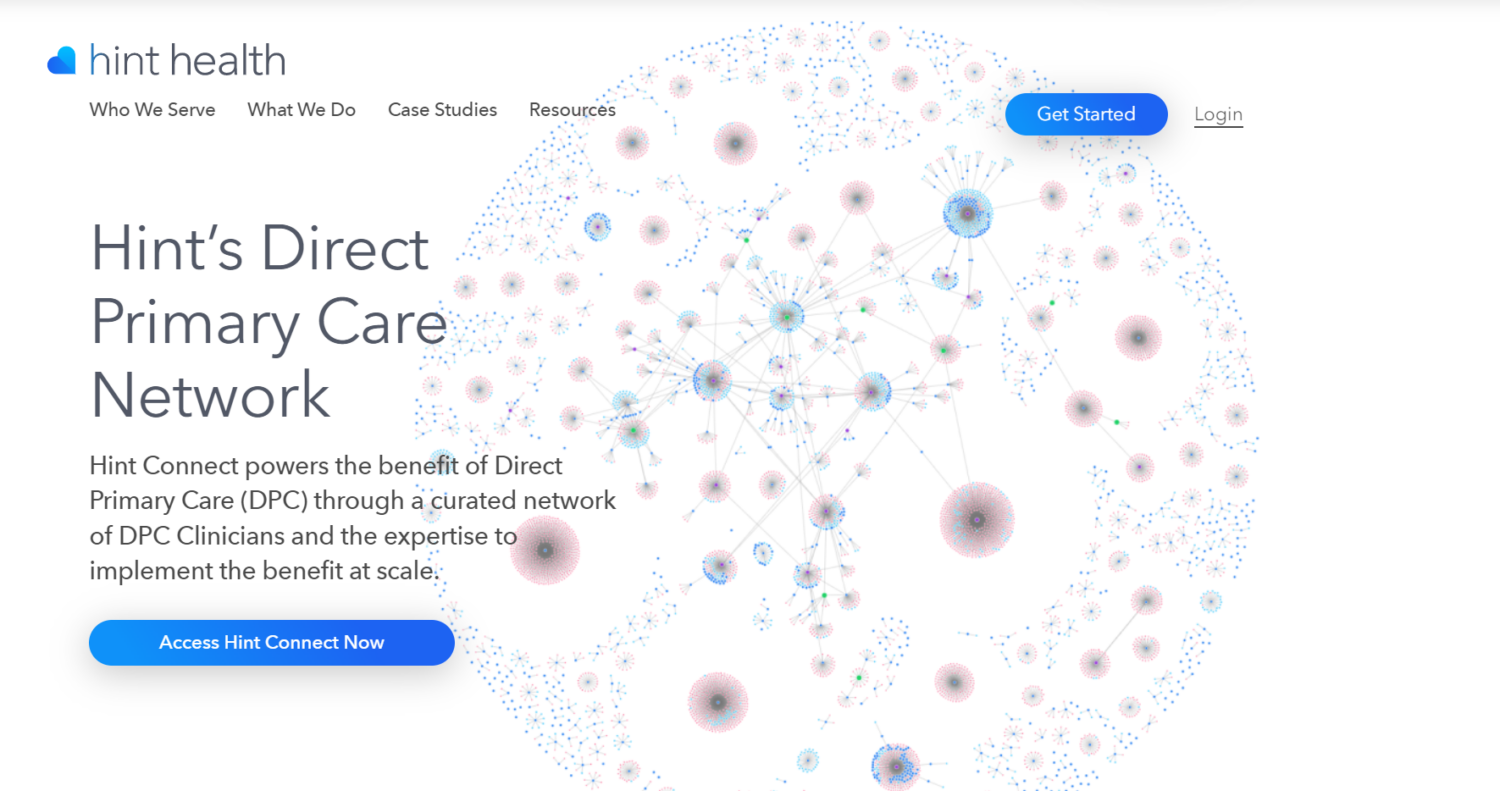What You Should Know:
– Innovaccer Inc., a healthcare AI company, has released a new research report, “The State of AI During the Great Burnout in Healthcare,” shedding light on the increasing role of AI in addressing the challenges faced by healthcare professionals.
– The report, based on a survey of 568 healthcare professionals, reveals that AI is being embraced as a crucial tool for reducing administrative burden, improving operational efficiency, and mitigating clinician burnout.
AI: A Critical Solution for Healthcare’s Burnout Crisis
The report highlights the growing recognition of AI’s importance in healthcare:
- 82% of healthcare leaders consider AI crucial for their operations.
- 67% believe AI is essential for addressing the escalating burnout crisis.
The Need for a Strategic Approach to AI Adoption
While acknowledging the potential of AI, the report emphasizes the importance of a strategic approach to its implementation. It cautions against over-reliance on point solutions, advocating for comprehensive AI strategies that consider the broader healthcare ecosystem.
Unified Data Platforms: Key to AI Success
The research underscores the critical role of unified data platforms in successful AI adoption. Fragmented systems and multiple vendors for isolated AI use cases can lead to operational inefficiencies and integration challenges. Organizations that have implemented AI across multiple areas with a unified approach report smoother operations, better interoperability, and more streamlined decision-making.
Key Trends in AI Adoption
The report identifies several key trends in how healthcare organizations are utilizing AI:
- Workforce Support: AI is primarily viewed as a tool to assist healthcare professionals, not replace them. 69% of leaders prioritize AI’s role in reducing burnout.
- Addressing Care Gaps: 48% of leaders see AI as a means to improve care quality and address gaps in care delivery.
- Overcoming Adoption Barriers: While there is strong interest in AI, concerns about data accuracy, integration, and cost remain barriers to adoption.
- Positive Experiences with Unified AI: 100% of leaders who implemented AI in three or more integrated areas reported positive experiences.
AI’s Transformative Potential
The report suggests that AI, when implemented strategically, can play a transformative role in healthcare. Beyond automating administrative tasks, AI can enhance patient-provider interactions, improve clinical decision-making, and contribute to a more efficient and sustainable healthcare system.











